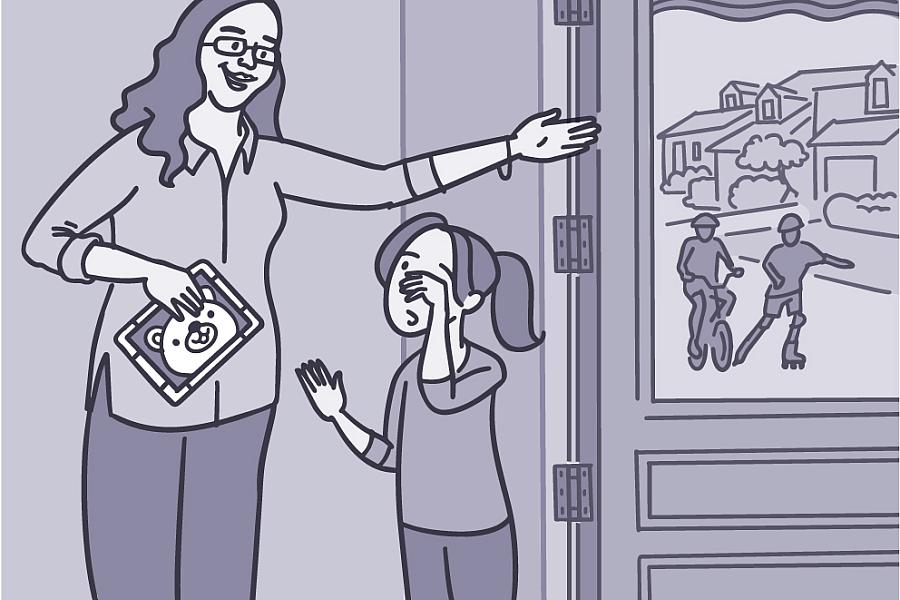Health Capsule
Few Receive Medications for Alcohol Problems

About 14 million adults in the U.S. have alcohol use disorder (AUD). There are effective treatments. But a recent study found that they are rarely used.
People with AUD often aren’t able to control their drinking. It can affect their health, relationships, and job. Treatments can help. These include talk therapy and FDA-approved medications.
Three drugs have been approved to treat AUD. These help people with AUD overcome alcohol cravings. They can also help prevent a return to problem drinking.
Researchers analyzed data from nearly 43,000 adults who participated in a national survey on drug use and health. The study found that about 5.6% of U.S. adults had AUD in 2019.
Treatment rates were low. Only 7.3% of people with the disorder received any form of treatment. And only 1.6% of the people with AUD were treated with medications.
Those taking AUD medications were more likely to live in a city, which tend to have more alcohol use treatment services. It also appeared those with more severe AUD were more likely to take medications.
Medications can be an important tool for overcoming problem drinking. “We need to find a way to make these medications a more routine part of clinical care,” says NIDA Deputy Director Dr. Wilson Compton, senior author of the study.
“Far too few people with AUD receive treatment of any type, including medications,” says NIAAA Deputy Director Dr. Patricia A. Powell, who co-authored the study.
NIH Office of Communications and Public Liaison
Building 31, Room 5B52
Bethesda, MD 20892-2094
nihnewsinhealth@od.nih.gov
Tel: 301-451-8224
Editor:
Harrison Wein, Ph.D.
Managing Editor:
Tianna Hicklin, Ph.D.
Illustrator:
Alan Defibaugh
Attention Editors: Reprint our articles and illustrations in your own publication. Our material is not copyrighted. Please acknowledge NIH News in Health as the source and send us a copy.
For more consumer health news and information, visit health.nih.gov.
For wellness toolkits, visit www.nih.gov/wellnesstoolkits.




